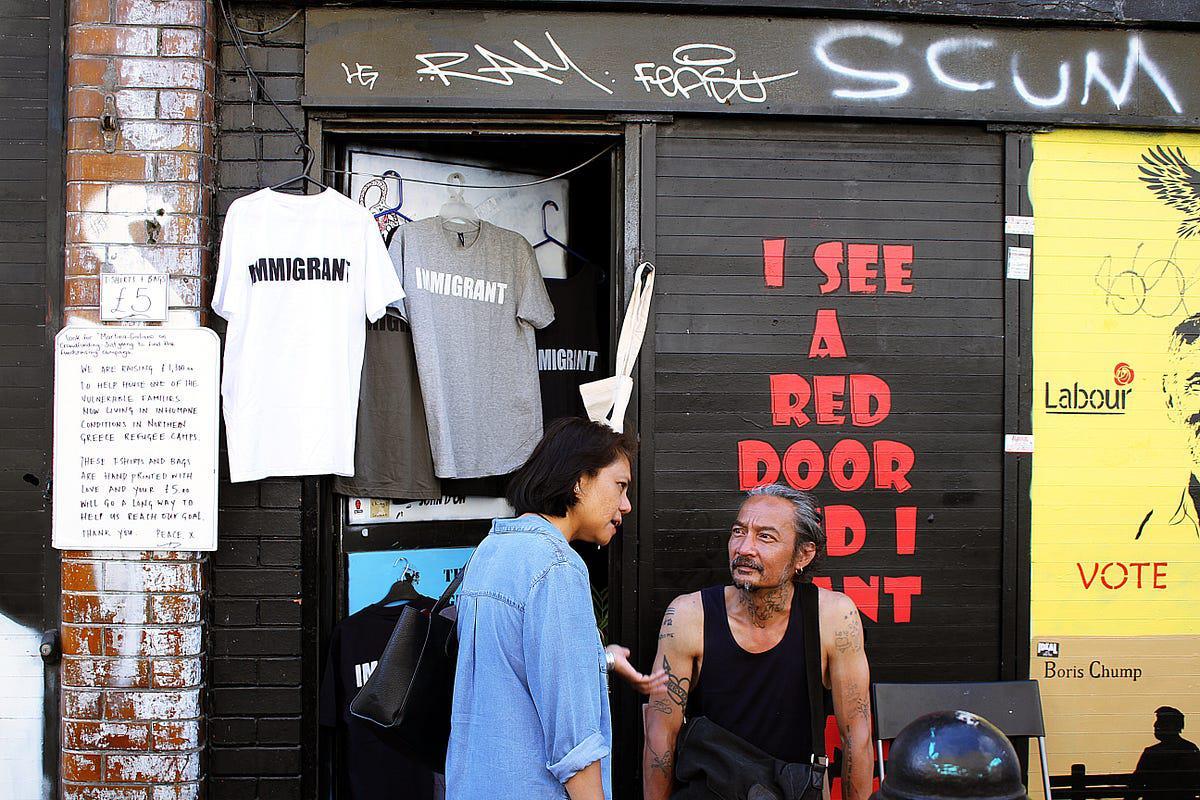Look, I got it. Naming a child is a big deal. Heck, I struggle with what to name my Wi-Fi network, and that's just for my smart TV and me. But for immigrants, the stakes are higher. You're not just picking a nickname for a birthday cake; you're choosing an identity to slap on a resume, job application, and every Starbucks cup for the rest of your life. Yup, not overwhelming at all, but this is serious business.
Why John John but not Jian Jian?
Imagine this. You just moved from China to the land of opportunity - that is, the United States. Back home, you are Jian, but here, you are John John. Why the name switch? Simple: Convenience. John John rolls off the tongue for most Americans like butter on a hot biscuit. Meanwhile, Jian Jian often ends up, like a pancake if I ever tried to make it from scratch. Your colleagues find it easier, your Starbucks Barista finds it easier, and let’s be real, it’s easier for you.
“My name, my identity,” or so you think
In the quest to adapt and fit in, some immigrants shed their native names like a snake shedding its skin. Often, it’s to streamline their experiences in a society not used to pronouncing Nguyễn Nguyễn correctly on the first try (or the tenth, but who’s counting?). But does that mean we lose a part of ourselves in translation? To be honest, that’s a loaded question. Your name is a big part of your identity, certainly, but let’s not kid ourselves into thinking it’s the whole enchilada.
Cultural capital and name exchange rates
Some names are currency, and they have exchange rates just like dollars, euros, or bitcoin. A name like Emily Emily, or Michael Michael, comes with a cultural value, let’s face it, that Hu Huh cannot match in the U.S. job market. Various studies have shown that names perceived as ethnically neutral are far more common than ethnically distinctive names. But hey, maybe Emily and Michael are just more qualified than the rest of us? Yeah, sure. And my cat is a secret agent.
